Author: Ezi Rapaport
-
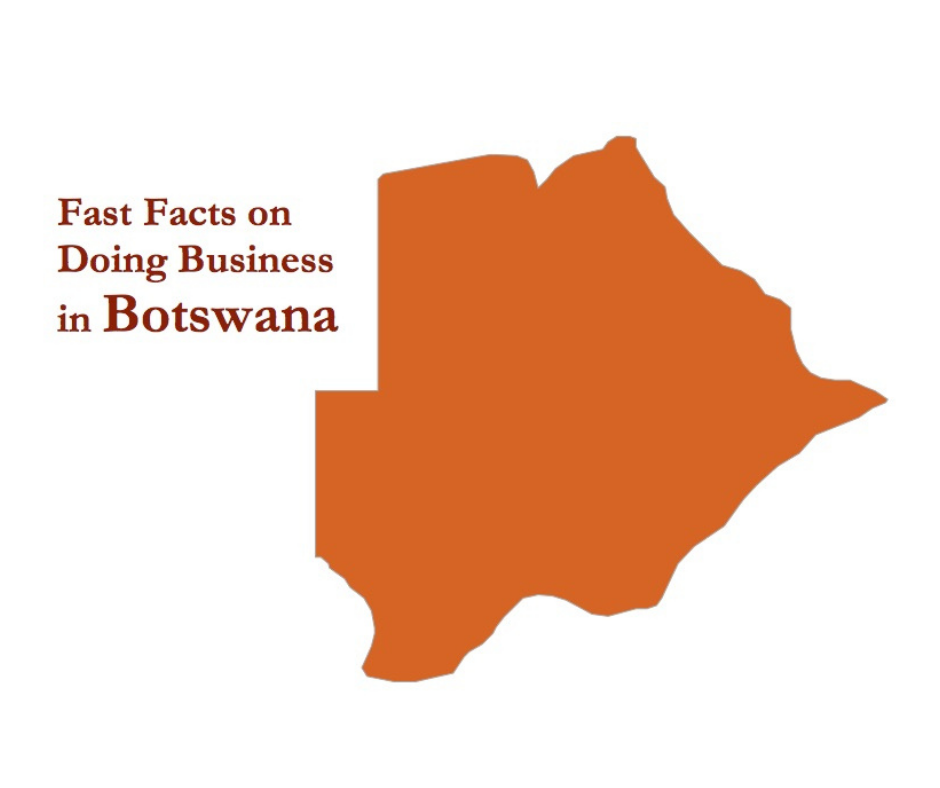
Fast Facts on Doing Business in Botswana
Now more than ever, companies need accurate and up to date market information that can guide them in adapting their strategy to a post-Covid world. To make it easier for you to get the intelligence you need to enter or expand in the African market, we have put together this short list of highlights from…
-

Empower Africa’s Driving Business in Africa Virtual Event Experience
On January 12, 2021 we hosted our third Driving Business in Africa Virtual Event Experience. For your convenience, here are the recordings from the event.
-
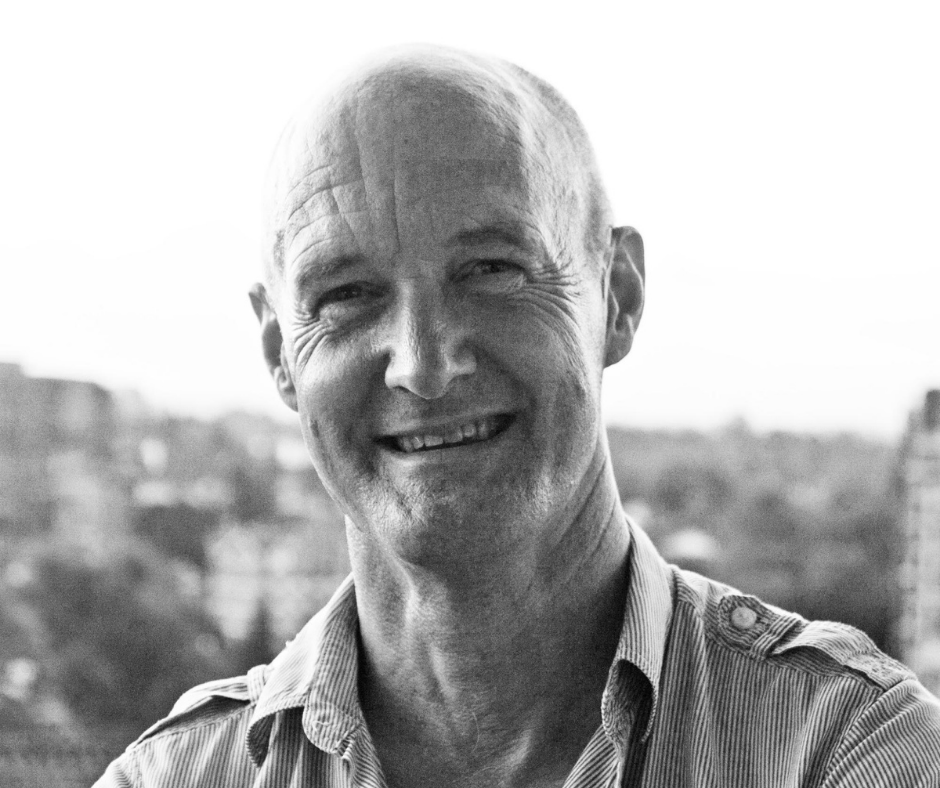
From Volunteer to Business Owner in Africa: The Story of Kwangu Kwako Cofounder Simon Dixon
Simon, like many other foreign visitors to Africa, first came to the continent to work in humanitarian aid. A decade later, he is still in Kenya growing Kwangu Kwako, a social enterprise in Kenya that builds affordable houses to replace the metal shacks prevalent in lower income urban areas.
-
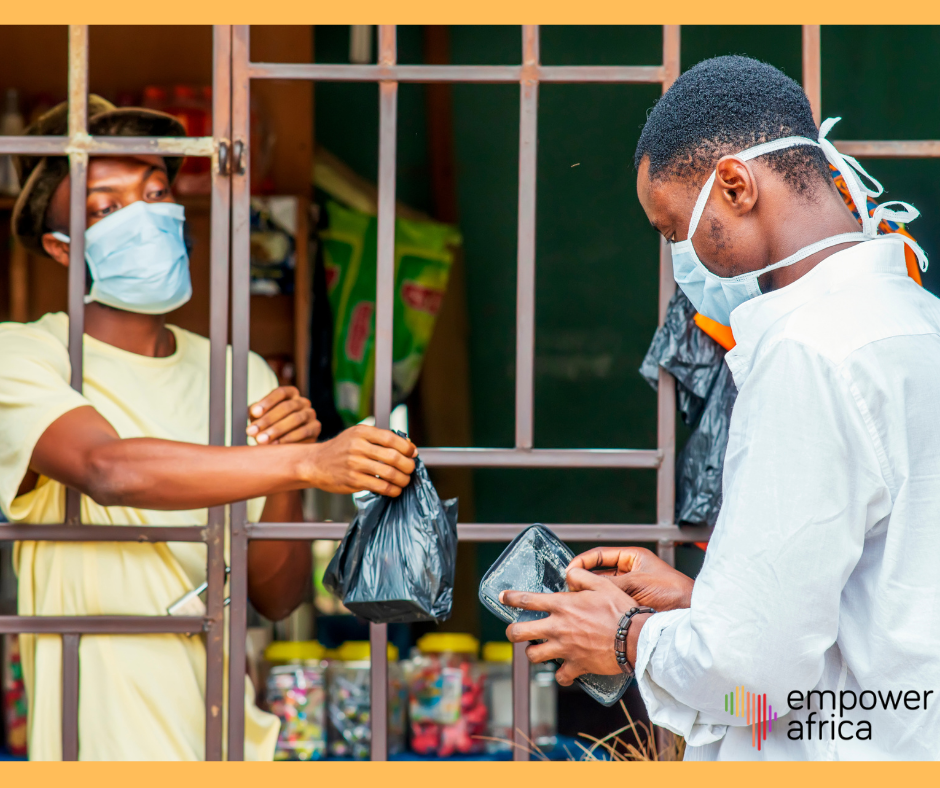
Covid’s Impact on Consumer Spending in Africa
Some worry that Covid-19 will affect the trajectory of Africa’s middle class for years to come. But the middle class also includes a large share of young people age 15-24 who drive consumer trends in food, entertainment, and connectivity. In the aftermath of Covid-19, this generation will exercise an even greater influence on Africa’s consumer…
-
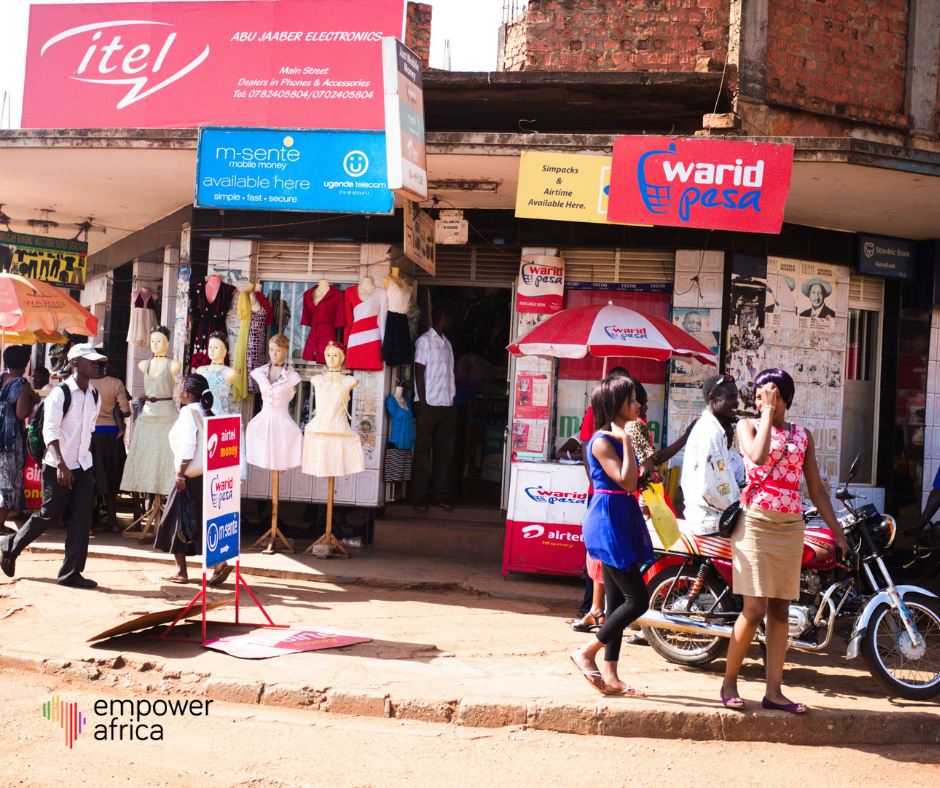
Measuring the African Consumer Market
Africa’s consumer market is growing. Over the past twenty years, household spending in Sub-Saharan Africa has grown 150% faster than the population. The lack of readily available, reliable, and comprehensive data sets should not deter companies looking to grow in Africa from making informed strategic decisions based on realistic projections.
-
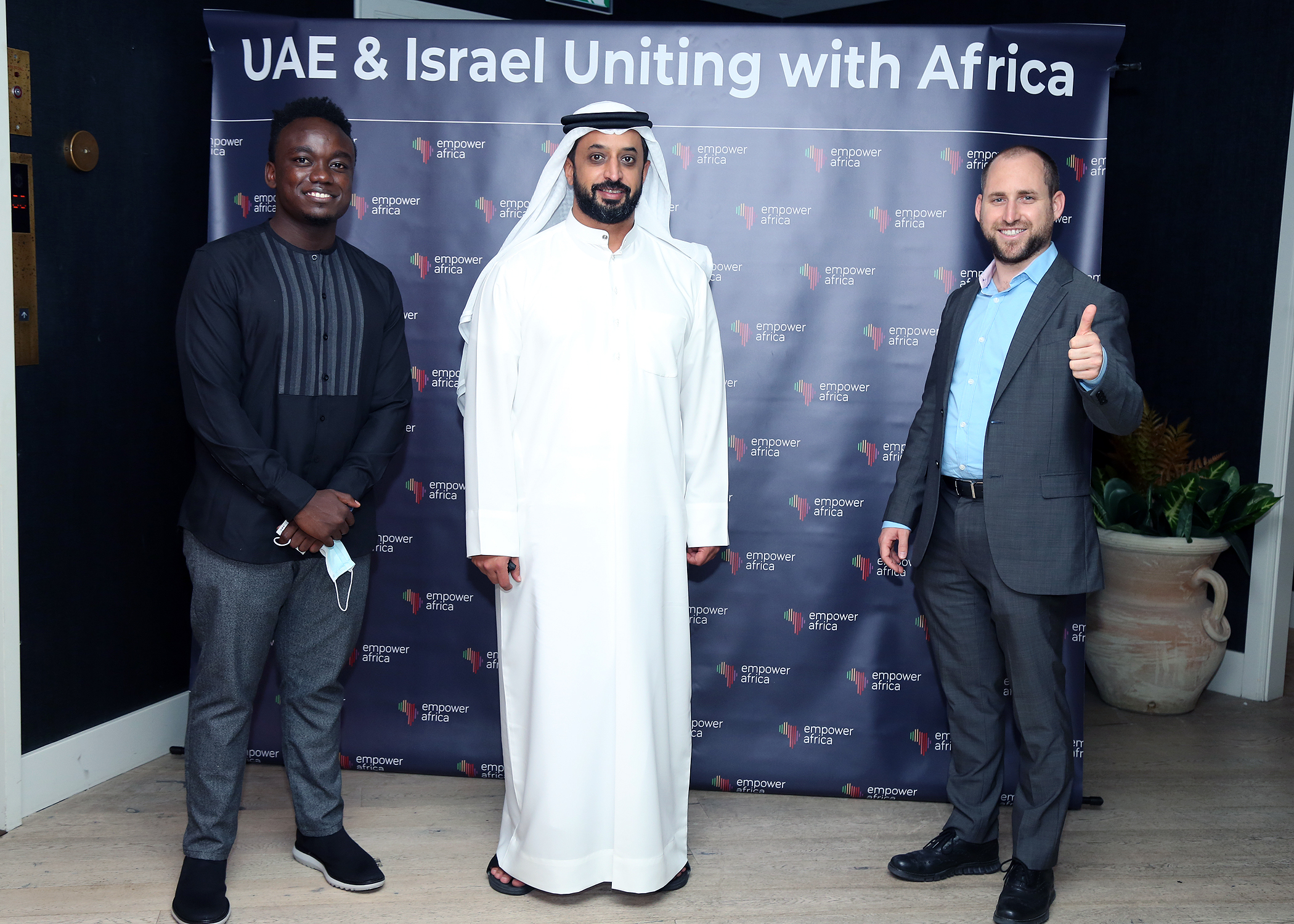
Empower Africa Hosts “UAE and Israel Uniting with Africa” Event in Dubai
Empower Africa hosted its first event in Dubai last week under the flagship of “UAE and Israel Uniting with Africa” in parallel with the GITEX 2020 Conference.
-

UAE & Israel Uniting With Africa
Empower Africa hosted its first event in Dubai under the flagship of “UAE and Israel Uniting with Africa” in parallel with the GITEX 2020 Conference.
-
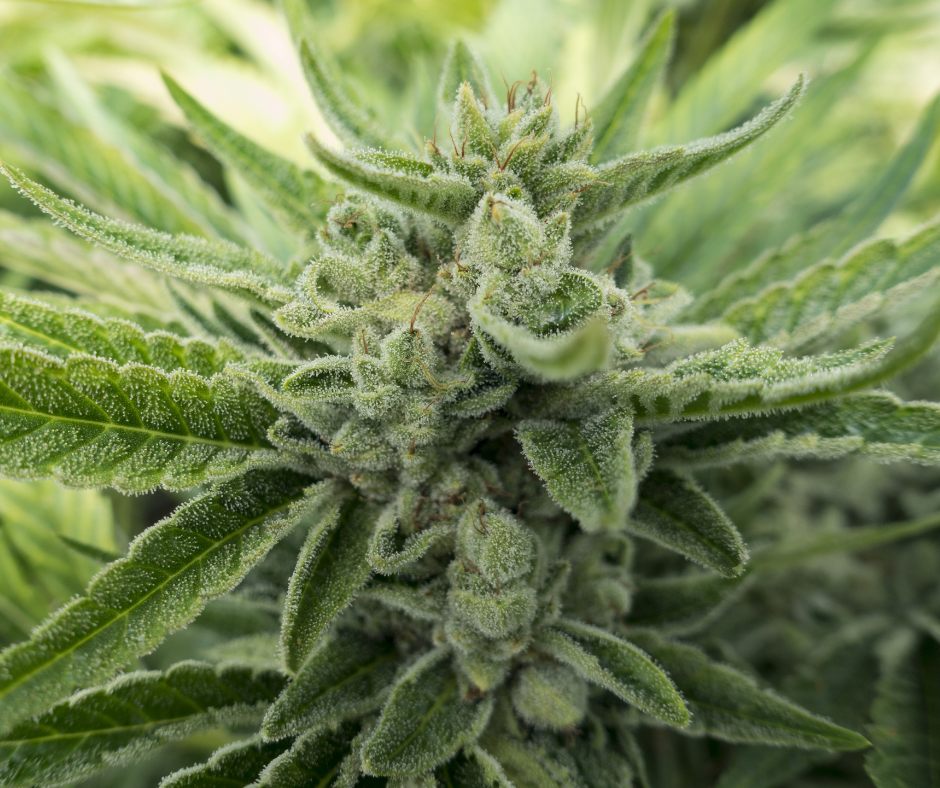
Cannabis Opportunities in Africa
Much of Africa has warm weather, rich soil, and abundant sunshine necessary to grow high-quality cannabis in open fields. Recent legislative changes in several countries authorizing the cultivation of medical cannabis are placing Africa in a prime position to benefit from the booming legal cannabis market.
-

Invest in African Agriculture
Untapped business opportunities abound in Africa’s agriculture sector. Beyond the profits, however, investing in African agriculture offers the rare chance to catalyze growth in a sector that employs more than half of all working people in Sub-Saharan Africa and to move the continent towards food sovereignty.